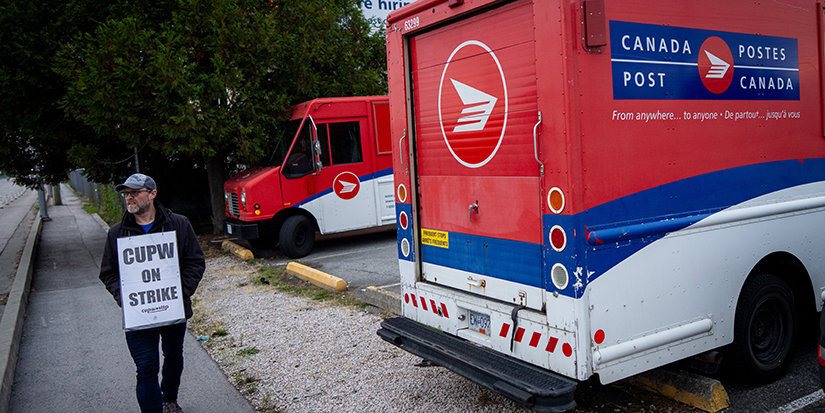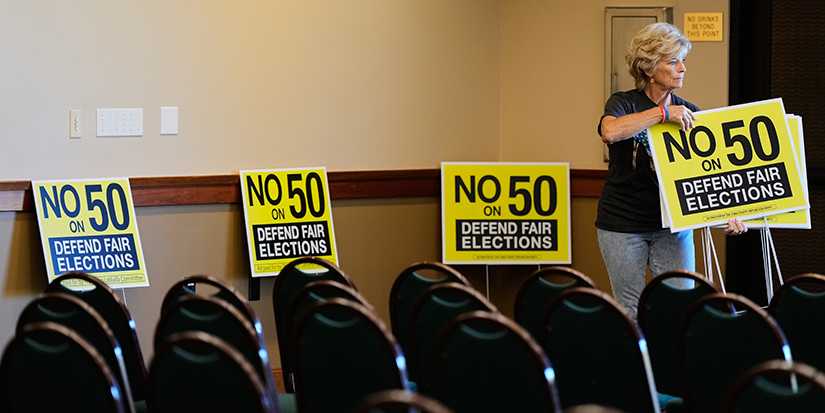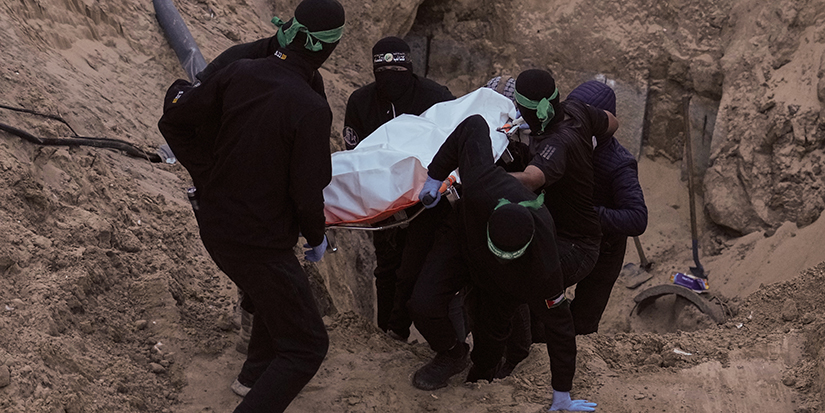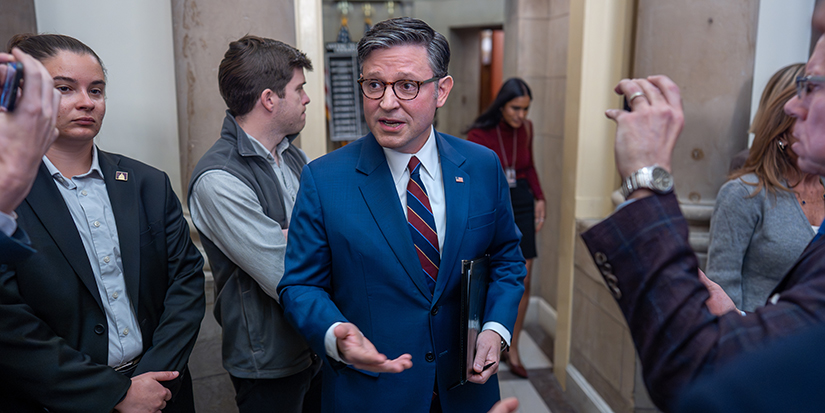National News
Canada Post union asks Ottawa to butt out as talks set to resume
Published 12:04 PDT, Tue October 28, 2025
Last Updated: 2:19 PDT, Tue October 28, 2025
—
The union representing thousands of Canada Post workers on rotating strike wants the federal government to butt out of bargaining as negotiators prepare to head back to the table with the employer for the first time in nearly a month.
The Crown corporation and the Canadian Union of Postal Workers confirmed to The Canadian Press on Tuesday that they plan to meet later this week with a mediator but did not provide a specific date.
Canada Post has for nearly two years been in the middle of strained negotiations on a new collective agreement with its largest union representing about 55,000 workers.
Members took to the picket line more than a month ago after the federal government introduced sweeping changes to Canada Post's mandate that allow for an expansion of community mailboxes, adjustments in delivery standards and the closure of some post offices.
Canada Post was given 45 days to come up with a plan to implement the proposed changes, which CUPW has criticized as harmful to the future of the post office.
CUPW president Jan Simpson spoke to MPs at a parliamentary committee Tuesday afternoon about the effect Procurement Minister Joël Lightbound's Sept. 25 announcement had on negotiations.
"Postal workers were shocked. The announcement directly interfered with collective bargaining and gave management the green light to rewrite our agreements without negotiations and without the union," she told the House of Commons' standing committee on government operations and estimates.
Simpson called on Ottawa to walk back the changes announced last month and hold a "true consultation" with Canadians about what the future of the post office should look like.
Lightbound and Jobs Minister Patty Hajdu have put the onus on Canada Post and the union to reach an agreement at the table that's in the best interest of the postal service and Canadians.
But Simpson said one of the barriers to landing a deal has been too much government involvement in bargaining.
Ottawa has "tainted" talks with interventions such as the mandate changes and sending Canada Post's offers to a direct vote by postal workers, she said in an interview after the committee meeting.
"We need the government to stay out of our bargaining and allow us to negotiate," she said.
Simpson said she wants to see a framework with less government intervention where negotiators can have an "honest conversation" about how to move forward in the best interests of the union, the company and the Canadian pubic.
The two parties haven't met since Canada Post tabled an updated offer on Oct. 3. Simpson said that proposal largely recycles elements of the deal voted down by union membership in the summer.
Lightbound has said the federal government could not afford to wait before making changes to the struggling Crown corporation's mandate. Canada Post, which welcomed the intervention, has racked up substantial annual losses in recent years and needed an injection of $1 billion from the feds to stay afloat earlier in 2025.
He told the same parliamentary committee last week that Canada Post's business model is not set up to accommodate the rapid decline in letter mail, and lifting restrictions in the post office's mandate would help the corporation adapt instead of relying on federal bailouts.
Canada Post's plan should include proposals to "right-size" the business, Lightbound said last week. He did not say how many jobs he expects to see lost at the Crown corporation and said that was a decision left up to management.
Canada Post's latest offer to the union included provisions for job losses and waived a signing bonus that was included in the previous proposal in May. It otherwise included the same offer to hike wages by 13.59 per cent over four years — figures that fall short of a union ask for a 19 per cent pay raise in August.
CUPW members have been on the picket lines for more than a month now but switched to a rotating strike model roughly two weeks into the action.
– Craig Lord, The Canadian Press































